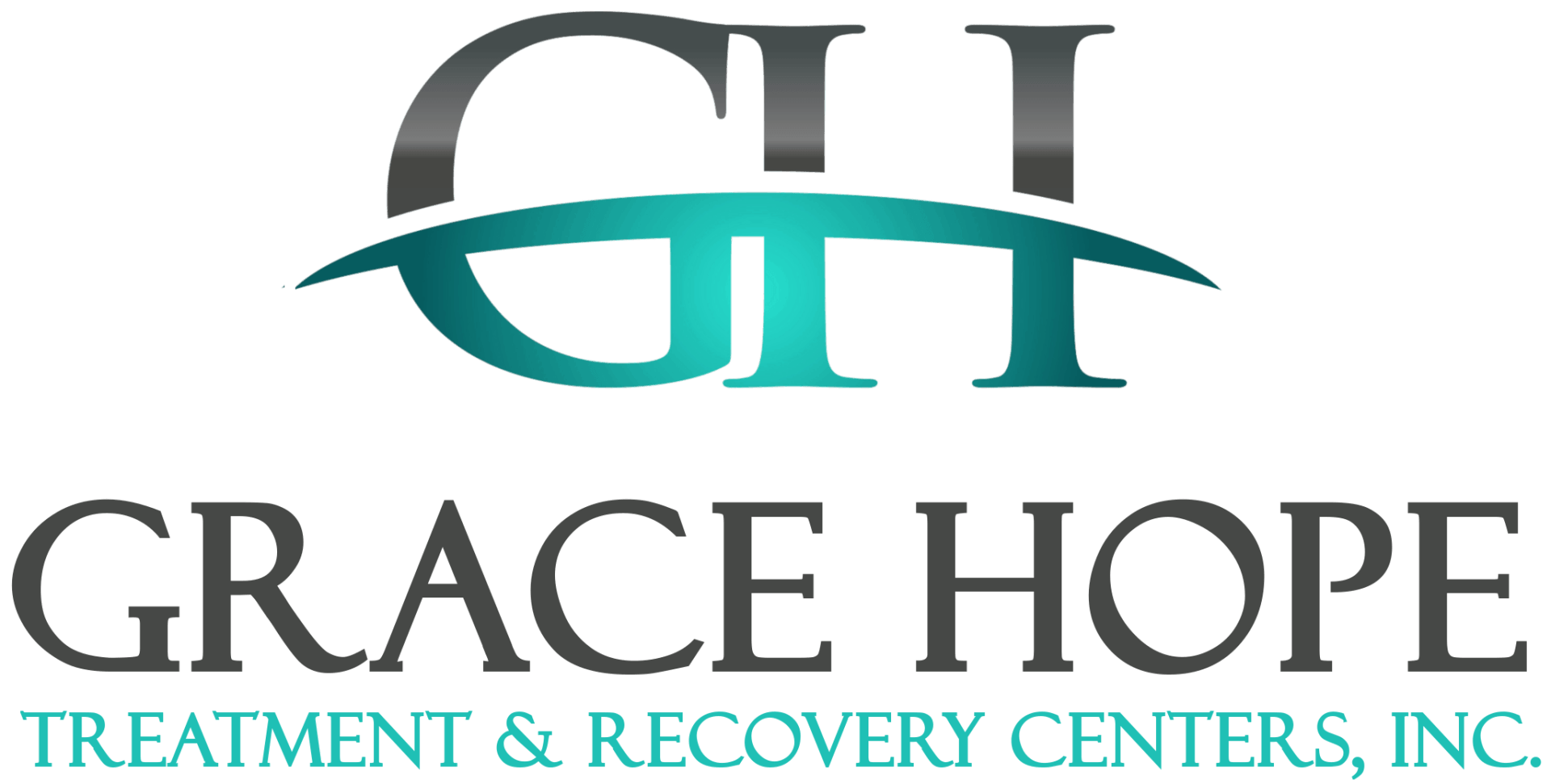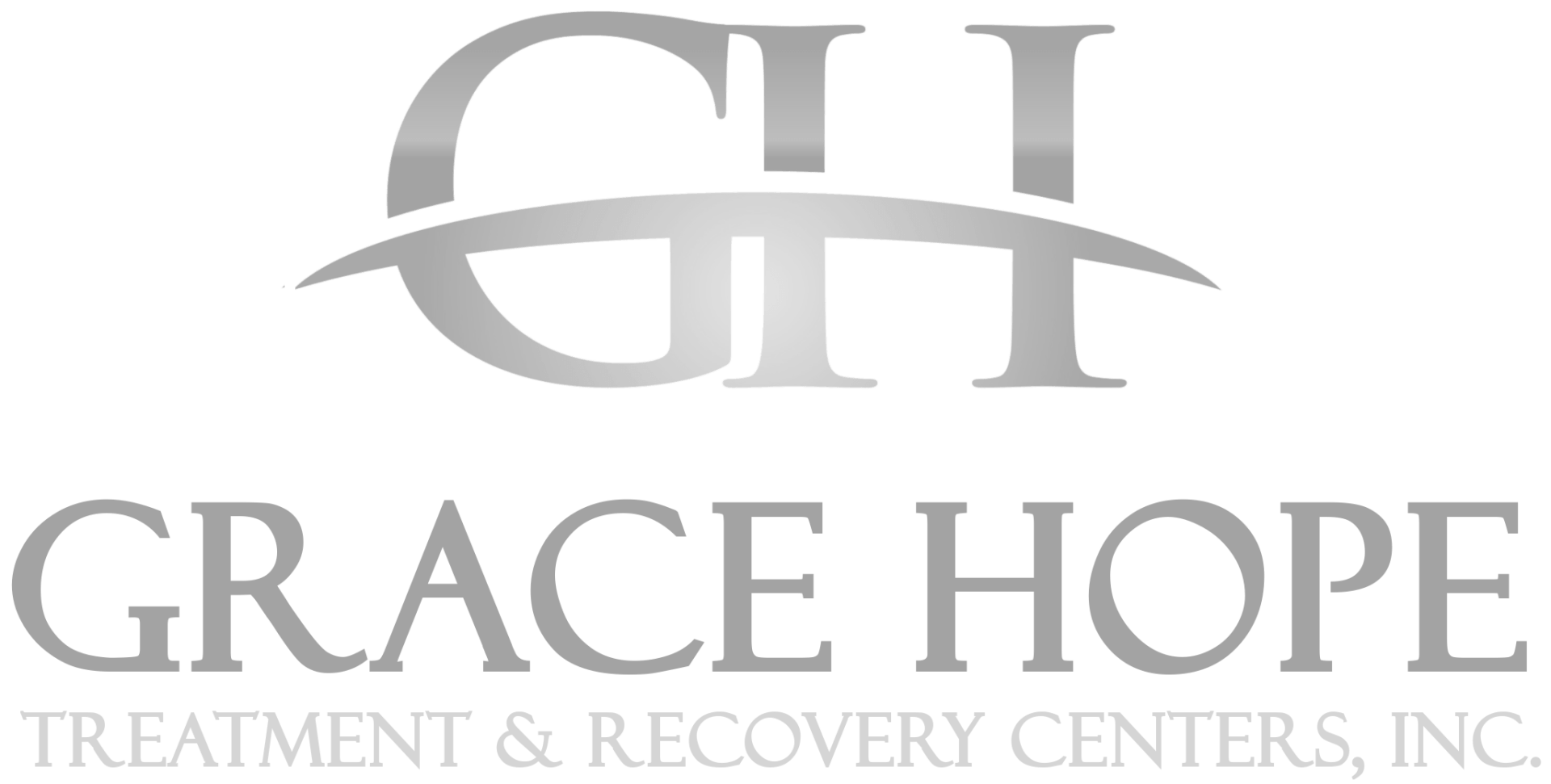Aftercare
Successfully completing a residential program for addiction recovery is cause for celebration. By finishing the treatment phase of treatment, the individual has successfully completed detoxification as well as an intensive rehabilitation program. It is a mistake, however, to believe that recovery treatment ends upon discharge from a rehab program. On the contrary, addiction recovery exists on a continuum that includes aftercare efforts.
Ignoring this phase of the recovery process is a mistake, as the risk of relapse is an ever-present reminder of the nature of addiction. By giving as much attention, or more, to aftercare as detox and rehab, clients considerably increase their chances at achieving a sustained, long-term recovery.
What is Aftercare?
Aftercare should be viewed as the cement that helps hold together the carefully cultivated recovery obtained through treatment. Managing the unexpected threats to one’s hard won sobriety through aftercare efforts can help prevent a relapse. These threats to sobriety include daily stressors, specific triggers, difficult life events, loss of a loved one, or a job loss, to name a few. Aftercare services can provide powerful sources of ongoing support during the vulnerable early phase of recovery. By incorporating aftercare services into the overall recovery plan, individuals dramatically increase chances of recovery success.
We Provide the Following Aftercare Services:
Sober living housing.
Returning directly home after rehab can expose someone to triggers or an environment that is unsupportive of one’s recovery efforts. Sober living provides a drug and alcohol-free living space, as well as a built-in support system. Staying in sober living for a few months following rehab provides time for new recovery skills to become practiced and reinforced before returning to the home environment.
Outpatient therapy. Trying to navigate early recovery without outpatient support is never advisable. By continuing to receive weekly outpatient support through individual and group counseling sessions and life skills classes, those new in recovery have the ongoing support they need to overcome the obstacles and challenges that are certain to emerge.
Recovery meetings.
Peer support is one of the most significant protective factors when it comes to maintaining sobriety. Active participation in a recovery community provides opportunities to bond with others in recovery, to share struggles and triumphs, to find a sponsor, and to participate in volunteer activities. Meetings are offered in either 12-step or non 12-step formats.
When embarking on the recovery journey, be sure to include your aftercare strategy into the comprehensive treatment plan. Careful attention to aftercare can greatly enhance your recovery efforts, improve the quality of life after rehab, and increase the chances of a sustained, successful outcome. Reach out to Grace Hope Treatment & Recovery Centers today to inquire about our aftercare services at (909) 275-3156.



